Throughout history there have been many processors that have changed computing forever: here are the 10 most powerful CPUs of all time.
The power of today’s computers is beyond doubt and you can do truly incredible things that were unthinkable years ago.
Like anything, everything has a beginning and like every beginning, there are some products that mark milestones and leave traces on the path to follow.
In order to review a little history, here you will find the most influential processors of all time. A total of CPUs that marked the way forward and, without them, the world of computing would have been completely different.
Intel 8088 (1979)
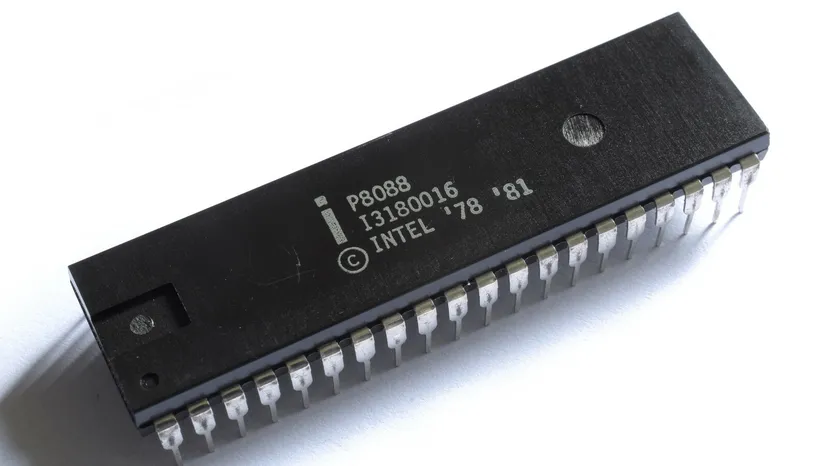
This was the heart of IBM’s first personal computer and is considered a key piece of the industry.
In the end, it was the one that marked the starting signal for the revolution in the PC market and turned Intel into a key player in the industry. Without a doubt, one of the most influential processors of all time.
Motorola 68000 (1979)
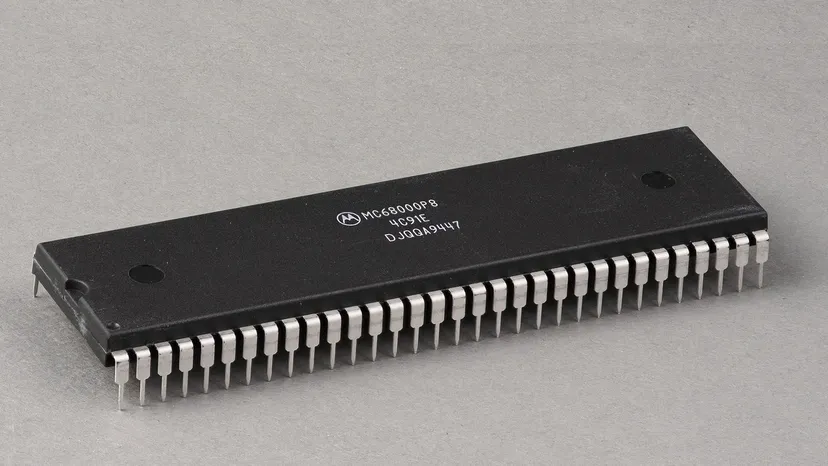
Although Motorola now does nothing related to CPUs, at the time it was Intel’s great competitor. So much so that it was used in 2 key industry machines: Apple Macintosh and Commodore Amiga.
It was a processor with a 32-bit architecture that offered a level of performance well ahead of its time.
Intel 386 (1985)
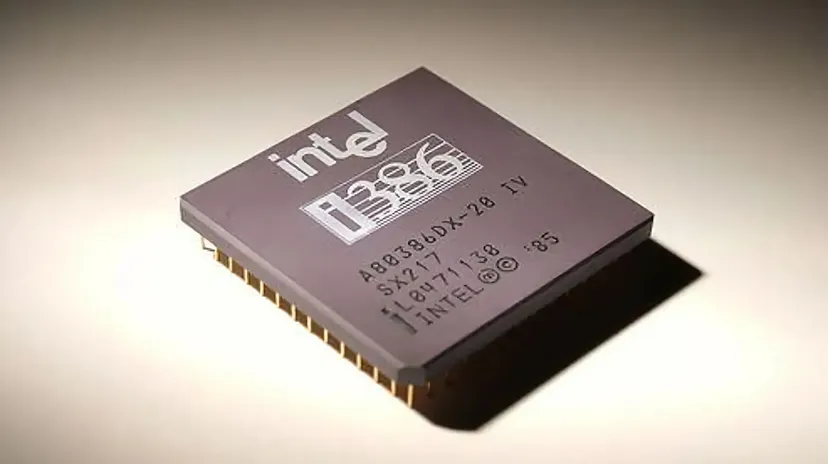
Just 6 years later, Intel changed the industry again with the first 32-bit X86 processor that ushered in a new era of multitasking with its hardware-level support for Protected Mode.
To give you an idea, its arrival changed the rules of the game and paved the way for more powerful software applications, like Windows.
Intel Pentium (1992)
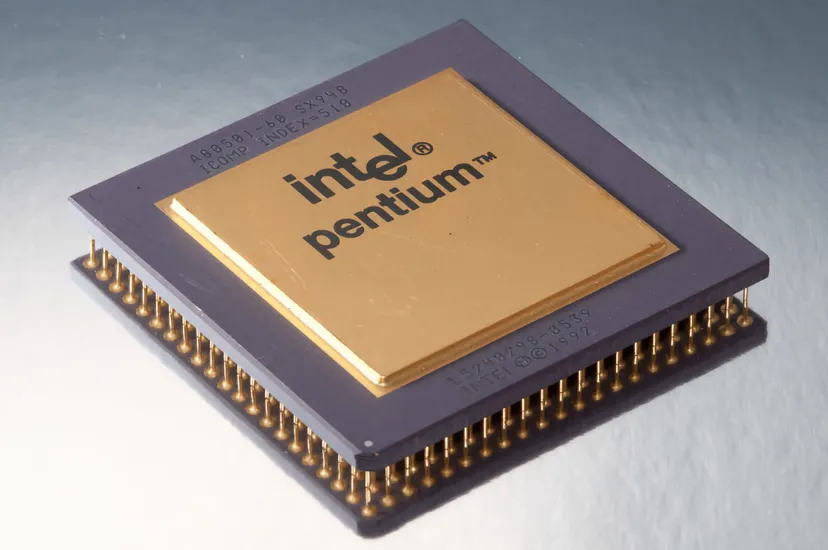
Again Intel, again another of the most influential processors in history.
This CPU marked a milestone in the multimedia environment, as it enabled real-time video playback as well as complex 3D graphics on home computers.
AMD Athlon (1999)
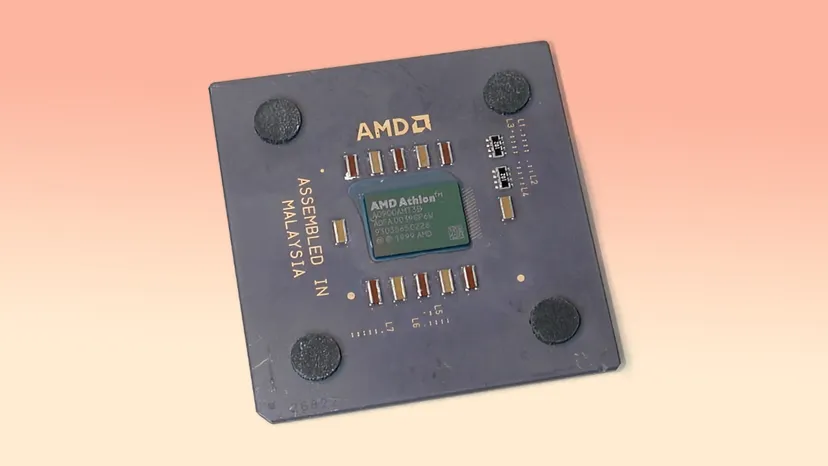
The great milestone of this processor is that it was the first CPU to overcome the 1 Ghz barrier, something that put Intel in trouble and turned the company into a key competitor.
It was the first time that a company stood up to Intel and did so at a much cheaper price.
Intel Pentium 4 (2000)
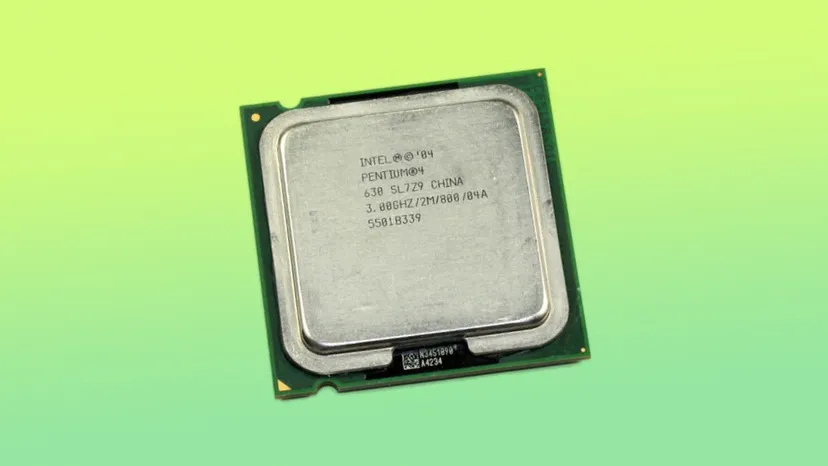
After the revolution that the first Pentium brought about, the next stop for revolutionary CPUs is the Pentium 4 thanks to its MMX functions that allowed video and audio to be played easily.
It was a true multimedia revolution in every sense and completely changed the way we interact with a computer.
AMD Athlon 64 (2003)

AMD appears again and does so with an absolute milestone for computing: 64-bit computing in the consumer market, which translated into higher levels of performance in all equipment.
In addition, it also introduced the AMD64 architecture, which is still used as standard in most current PCs.
Intel Core 2 Duo (2006)
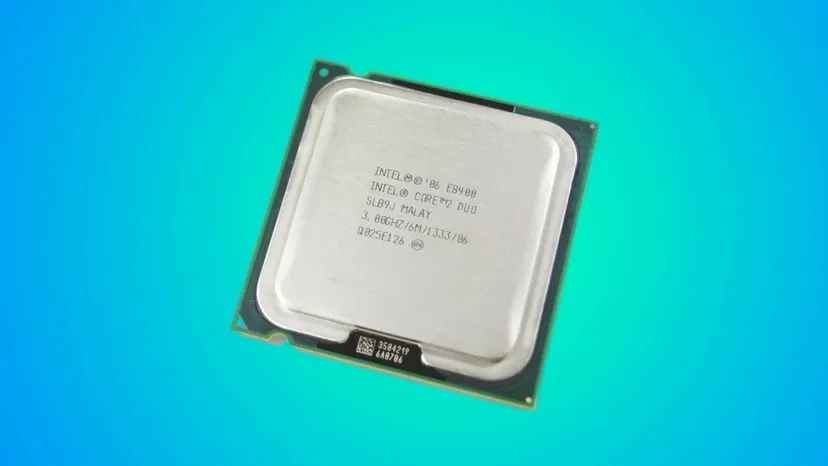
One of the big problems with the Pentium 4 was heat management, as well as the level of consumption, something that this processor solved.
It featured multi-core technology that brought a new level of multitasking efficiency and ushered in the battle for clock speed.
Intel Core i7-2600K (2011)
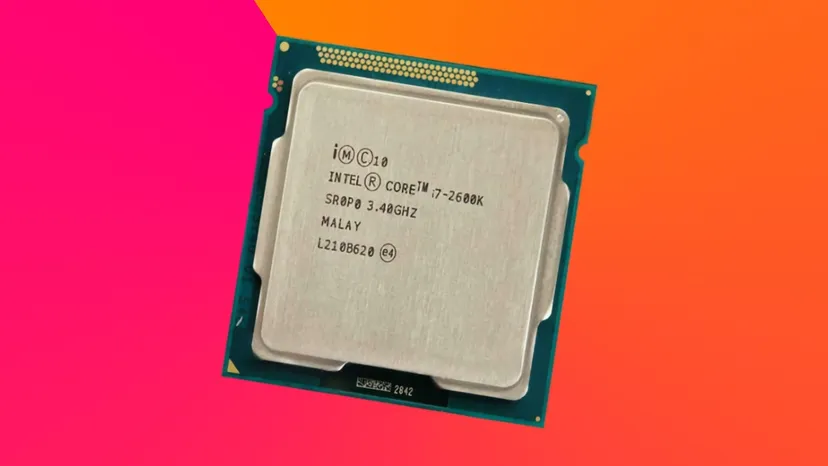
At the time it was an absolute milestone thanks to its 4 cores, which allowed hyperthreading and an unlocked multiplier, something that made this CPU the favorite of overclockers.
Without a doubt, one of the most influential CPUs of all time that demonstrated the maturity of the multicore concept and established Intel as a manufacturer of high-performance processors.
Apple M1 (2020)
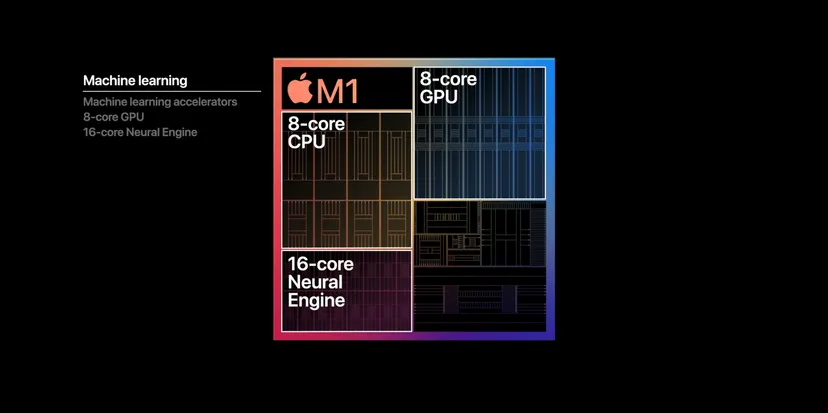
And how could it be otherwise, the list ends with the most groundbreaking processor of all time. One that has represented an absolute paradigm shift by challenging the X86 dominance.
In 2020, Apple announced that it was going to develop its own chips and ended its collaboration with Intel, a company with which it had been collaborating for many years. After years of internal development and hiring talent from companies like NVIDIA or Intel, they presented Apple M1.


